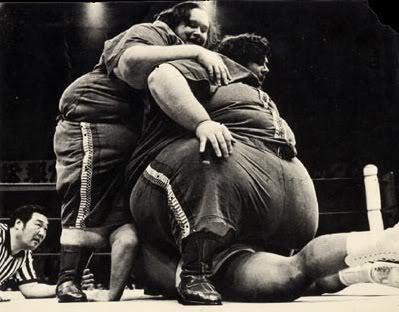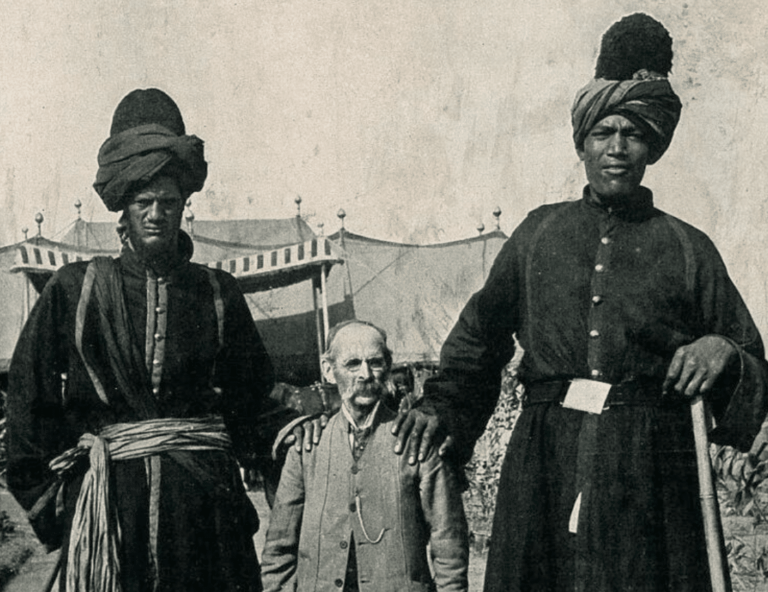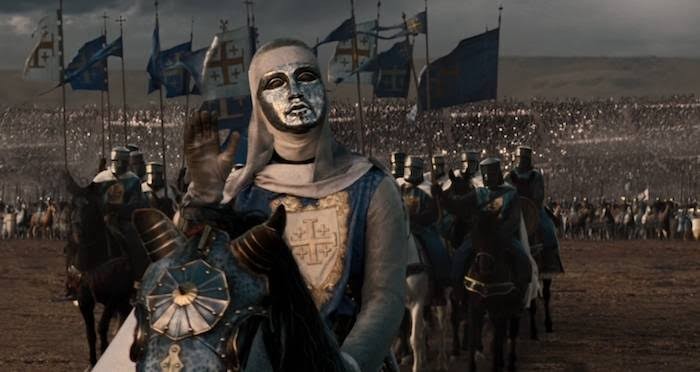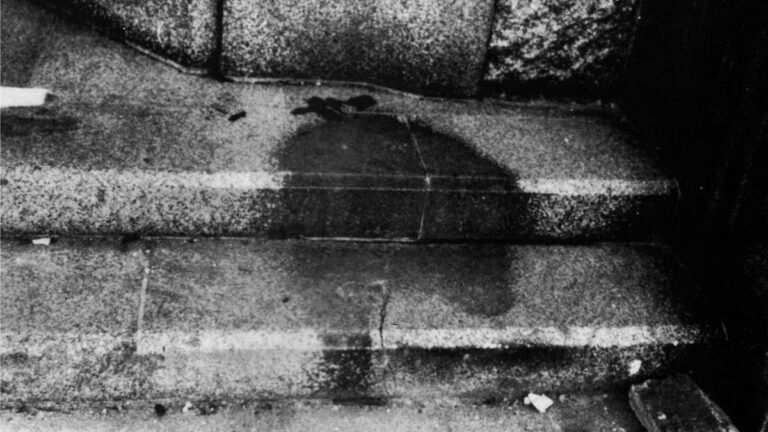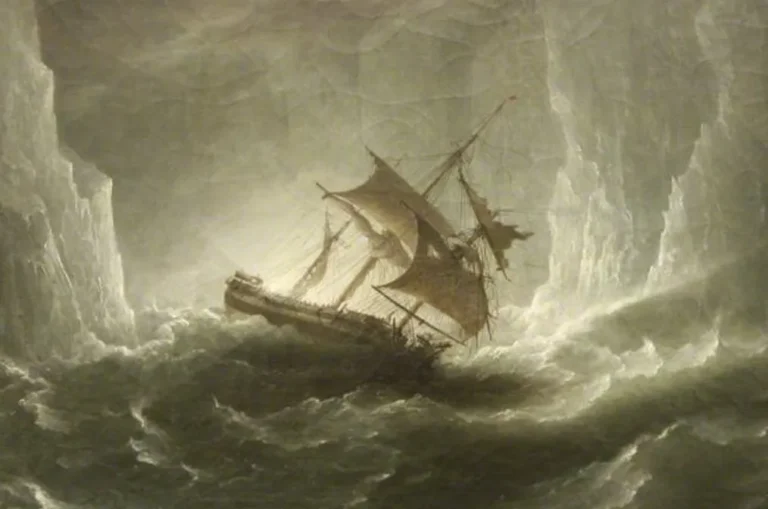The Tragic Fate of the Black Hole Prison: A Historical Examination
The Black Hole of Calcutta is one of the most infamous events in colonial Indian history. On June 20, 1756, a tragic episode unfolded in the heart of Calcutta, leading to the deaths of many British prisoners. This incident, marked by its brutality and the subsequent historical debates, remains a potent symbol of the tumultuous era of British colonial expansion in India.
The Black Hole of Calcutta Incident
The Events Leading Up to the Black Hole Incident
In 1756, the British East India Company was expanding its influence in India, which inevitably led to tensions with local rulers. Siraj-ud-Daula, the Nawab of Bengal, viewed the British encroachment as a threat to his sovereignty. Relations between the British and the Nawab deteriorated, culminating in a conflict that saw the British garrison at Fort William besieged.
On the night of June 20, 1756, following the capture of the fort, a tragic event occurred. The Nawab’s forces detained British prisoners in a small, cramped room known as the Black Hole of Calcutta. This room, reportedly measuring around 14 feet by 18 feet, became a symbol of horror as over 100 British captives were imprisoned under dire conditions.
The Black Hole Prison
The Black Hole prison was characterized by extreme overcrowding and suffocating heat. Survivors described the conditions as unbearably hot and stifling. The prisoners were packed so tightly that they could barely move, leading to a high death toll from heat exhaustion, suffocation, and dehydration.
One survivor, John Zephaniah Holwell, provided a harrowing account of the ordeal. He wrote:
“The room was so crowded that the dead were frequently tossed aside to make room for the living. We were exposed to an intense heat that was unbearable.”
Immediate Consequences
The Black Hole of Calcutta incident had profound immediate consequences. The British East India Company, shaken by the loss, sought revenge. The event galvanized British forces, leading to the Battle of Plassey in 1757, where the British decisively defeated Siraj-ud-Daula. This victory significantly altered the course of Indian history, paving the way for British dominance in India.
Legacy and Modern Perspectives
Controversies and Debates
The Black Hole of Calcutta incident has been subject to significant historical debate. Some historians argue that the accounts of the incident were exaggerated or used for propaganda purposes. The British used the incident to justify their actions in India, portraying it as a symbol of barbarity committed by local rulers.
Recent research has questioned the accuracy of the accounts. For instance, some historians suggest that the number of prisoners and the extent of the suffering might have been overstated to serve colonial narratives.
The Black Hole’s Role in Colonial Propaganda
The British utilized the Black Hole incident as a powerful tool in colonial propaganda. It was depicted as a prime example of the cruelty of Indian rulers, thereby justifying British intervention and subsequent control over Bengal. This portrayal played a crucial role in shaping public opinion in Britain and solidifying the colonial agenda.
Summary of Key Figures
| Name | Role | Significance |
|---|---|---|
| Siraj-ud-Daula | Nawab of Bengal | Local ruler whose conflict with the British led to the incident. |
| John Zephaniah Holwell | British survivor and historian | Provided a detailed and harrowing account of the Black Hole. |
| Clive of India | British commander | Led the British forces in the Battle of Plassey, leading to the downfall of Siraj-ud-Daula. |
Meta Description: The Black Hole of Calcutta was a brutal episode of British colonial history in India, with severe consequences for local rulers and British expansion. Explore the details and legacy of this tragic event.
By examining the Black Hole of Calcutta incident, its immediate effects, and its legacy, we gain a deeper understanding of this pivotal moment in history. The event’s portrayal has evolved, reflecting broader historical and political narratives that continue to shape our understanding of colonial India.
References:
- History Defined: Black Hole of Calcutta https://www.historydefined.net/

